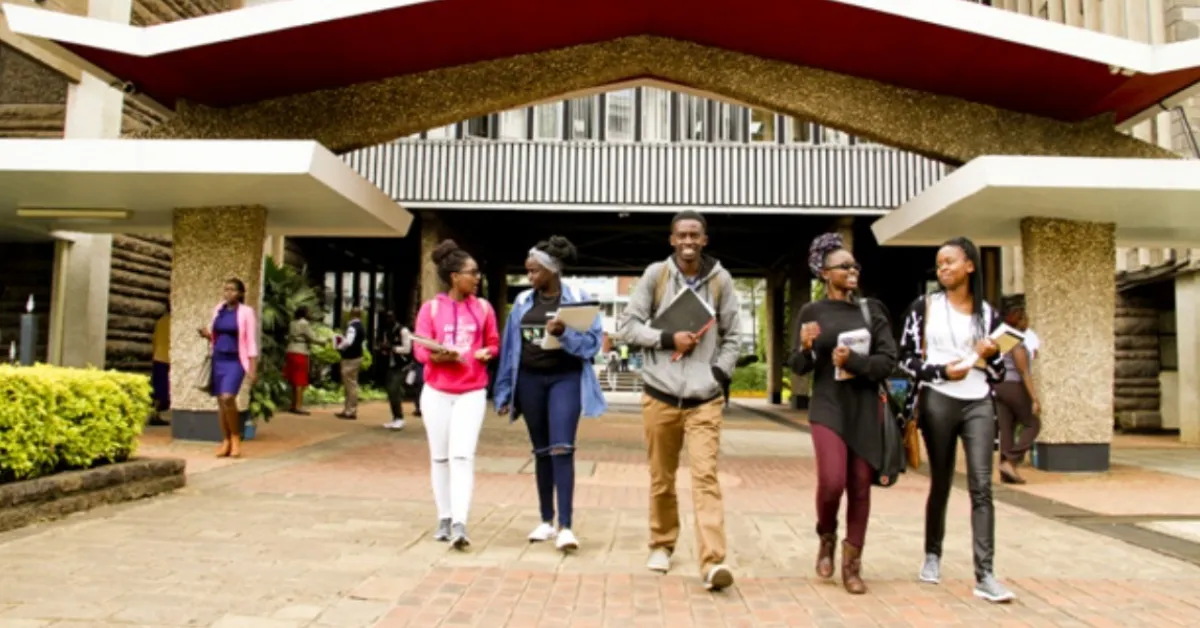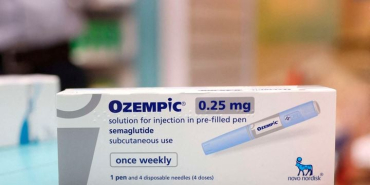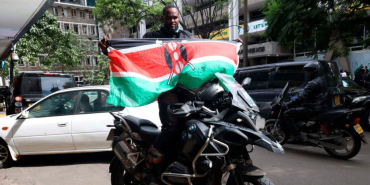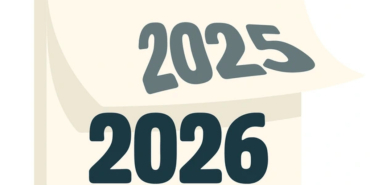Kuinama: The Unspoken Hunger Ritual Plaguing University Students

Students at the University of Nairobi and other higher education institutions are facing a severe hunger crisis, exacerbated by persistent delays in the disbursement of loans from the Higher Education Loans Board (HELB).
This situation, locally known as "kuinama," underscores the economic hardships faced by students struggling to afford basic necessities, with ripple effects impacting their academic performance and mental health. The crisis stems from the delayed and insufficient funding provided by HELB, a crucial lifeline intended to cover tuition, rent, and living expenses.
A new funding model, categorizing students into bands based on financial need, has further complicated matters, with those in lower bands experiencing prolonged waits and reduced allocations. Students in private universities, where HELB loans primarily cover tuition, are particularly vulnerable, left to independently finance their living expenses.
Testimonies from students like Glory Mukami and Caleb highlight the severe impact of these delays. Mukami, a third-year student at the University of Nairobi, reports difficulties concentrating in class due to hunger, while Caleb criticizes the funding model's inequities, leading to student protests at both the University of Nairobi and Kenyatta University.
The situation has led to postponed semesters, extended academic timelines, and a sense of despair among students. As Mount Kenya University third-year student Moses Kuria notes, many students are forced to choose between attending classes and securing financial support. The delays and resultant hunger not only compromise academic pursuits but also take a significant toll on mental well-being.














Add new comment